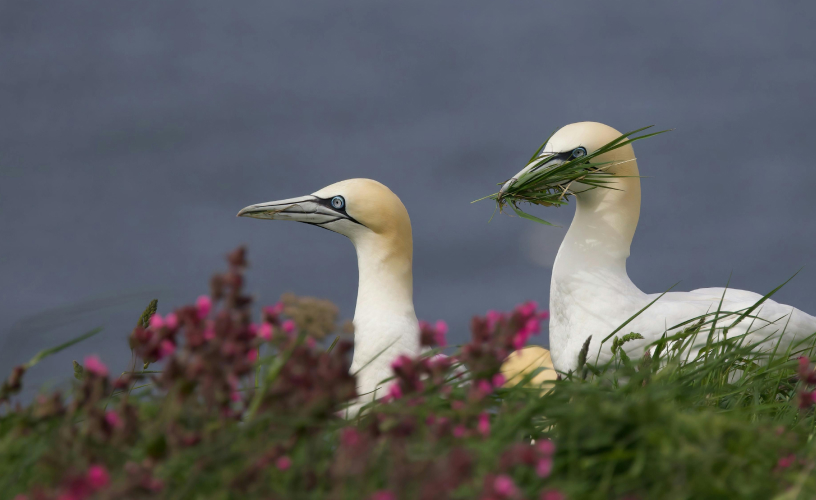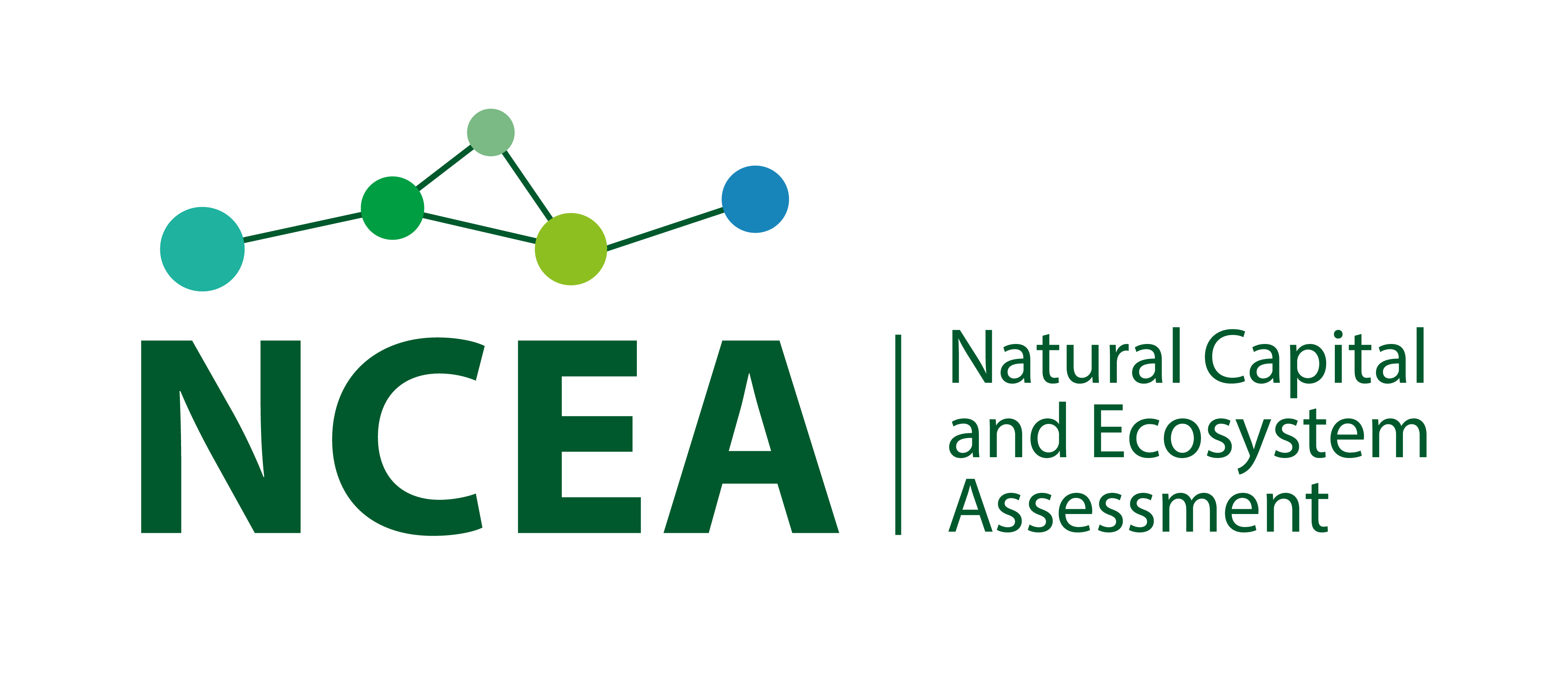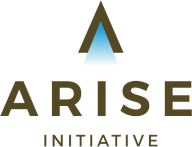
ABOUT THE PROJECT
The Arise project aims to benefit communities and residents, public policymakers and managers, voluntary groups, researchers, and businesses along the entire UK coast. It will initially implement 12 new initiatives on the English east coast ranging from schemes such as educational outreach to civic engagement and arts-based events. Their local impact will then be evaluated to help develop a transferrable toolkit of best-practice which can be adapted to offer support and decision-making guidance to different coastal communities depending on their individual needs.
PROJECT LEAD
Gina Yannitell Reinhardt
Professor of Government
University of Essex
Project Duration:
1 Apr 2024 – 30 Sept 2028 (4.5 years)
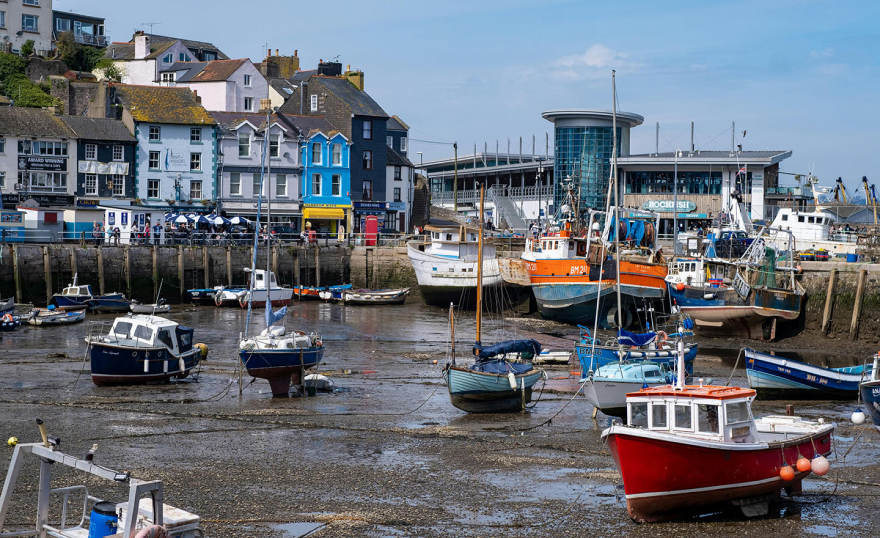
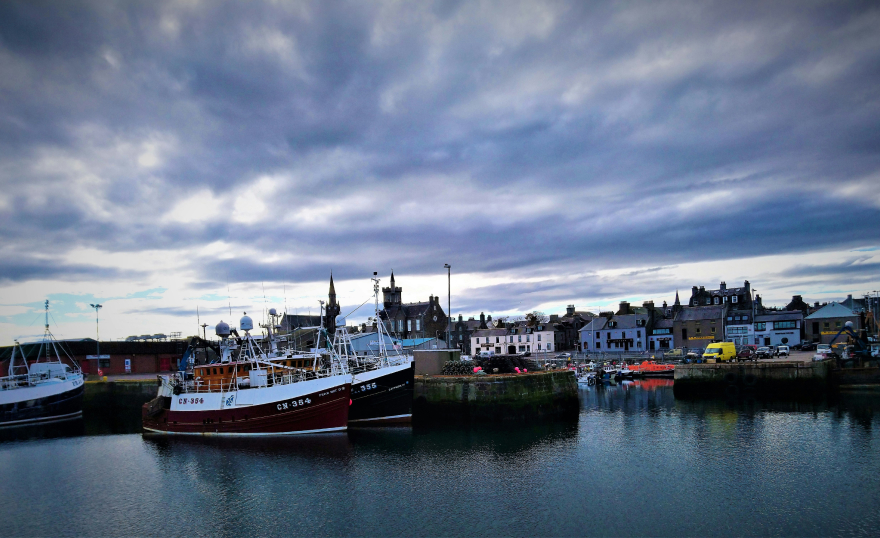
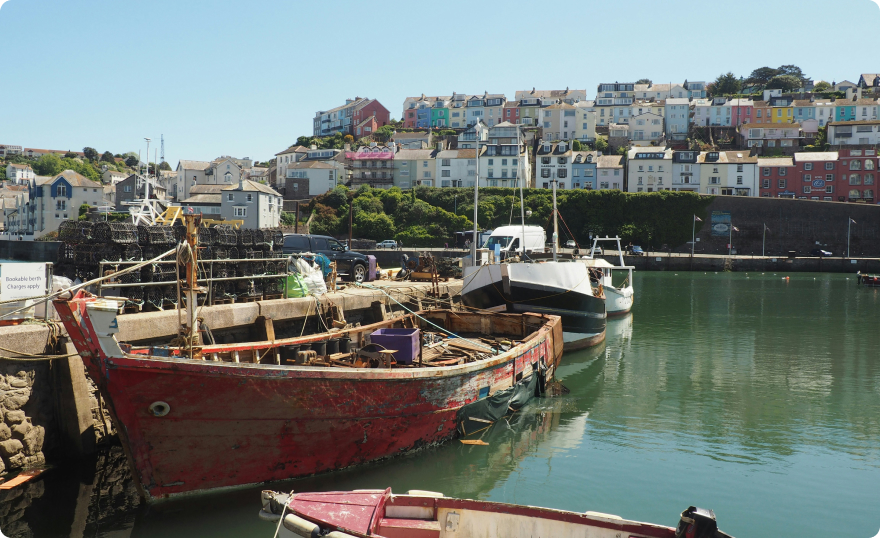
Project Partners








Background
UK coasts provide recreation, transportation, commerce, natural beauty and food for coastal communities. However, they face interrelated challenges from issues such as climate change, coastal realignment, demographic shift and infrastructure development. Managing such issues can be difficult, with coasts and their seas providing diverse meanings and values for their stakeholders and communities.
In this respect, coastal residents, users, and managers experience challenges in coherently and meaningfully attending to livelihoods, health and wellbeing, as well as natural biodiversity, ecosystem productivity and conservation. This complexity highlights the need to develop and evaluate fair and transferrable approaches to promote sustainable use of diverse coastal resources. This will be critical to strengthening resilience: the ability to anticipate, withstand, adjust to, and thrive after disruption and change.
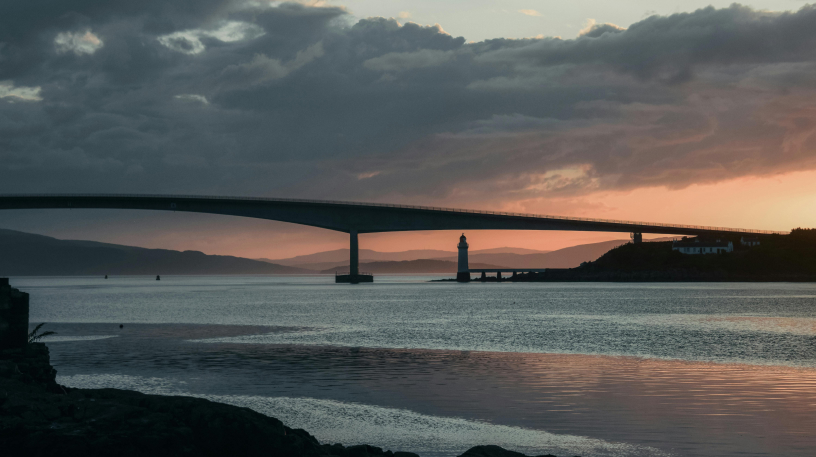
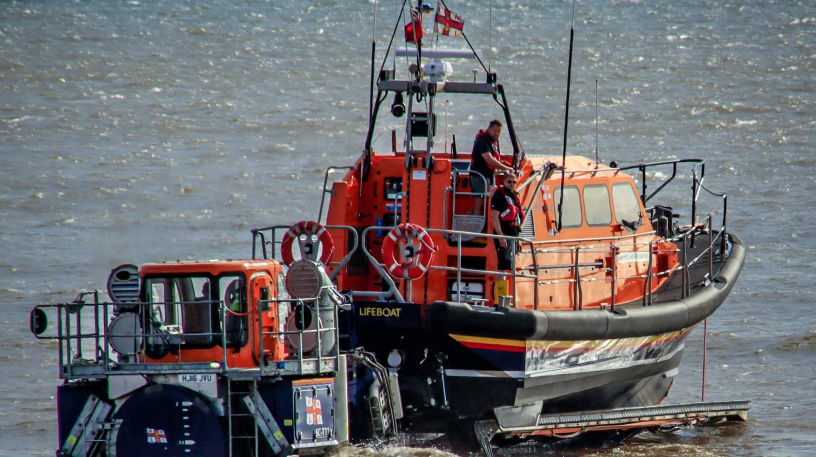
ARISE considers five foundational types of capital resources shown to help coastal communities build resilience: human, social, natural, physical, and financial. Elsewhere, place-based policy interventions have been shown to strengthen these types of capital and help build resilience through developing stronger relationships between people, their location, and their environment. However, examples like education campaigns, enforcement initiatives, and community engagement are often designed through the lens of place-based histories, identities, and community values unique to the place where they are implemented.
Such interventions may work in one place, but not the other, or may disparately strengthen certain capitals of local concern at the expense of others. We thus come to a conundrum. If policy interventions are influenced by place-based community values where they are designed and implemented, how can we take transferable lessons from one coastal community to another, using interventions that reliably account for each of the five capitals?
Our Approach
ARISE: Advancing Resilience and Innovation for a Sustainable Environment, is designed to propose, develop and evaluate an intervention framework to practically address this puzzle. We will gather evidence to develop best-practice intervention methods, applicable across places and regions, focussed on achieving balanced strengthening across each of the five capitals. Over the first three of four-and-a-half years of the project, we will design and deliver twelve place-based interventions throughout the Norfolk-to-Kent coastlines, including education campaigns, enforcement initiatives, and community engagement events.
Before, during, and after each intervention, our research team will monitor and evaluate local impacts of our interventions accounting for each of the five capitals. From the lessons learned, and over the last one-and-a-half years of the project, we will then develop a toolkit of best-practice to achieve transferable and scalable interventions that work across different communities and places while encouraging more balanced approaches to strengthen each of the five capitals.
ARISE is an inclusive collaboration among: local, regional, and national authorities; coastal residents, heritage groups and people who care about UK coasts; and experts in policy analysis, cultural engagement, creative practice, health sciences, biological sciences, computer science, pollution management, disaster studies, environmental sciences, economics, and geography.
As such, development of our framework, methods and toolkit for intervention will follow strong participatory principles, with continuous opportunity for refinement by an ARISE Community of Practice. At regular intervals, we will provide opportunities for stakeholders to gather and voice their opinions, needs, concerns and advice for ongoing project work. Only by working together can we achieve our goals towards practical, evidence-based guidance for interventions that can be applied across eastern coasts of England, to the rest of the UK, and beyond.

